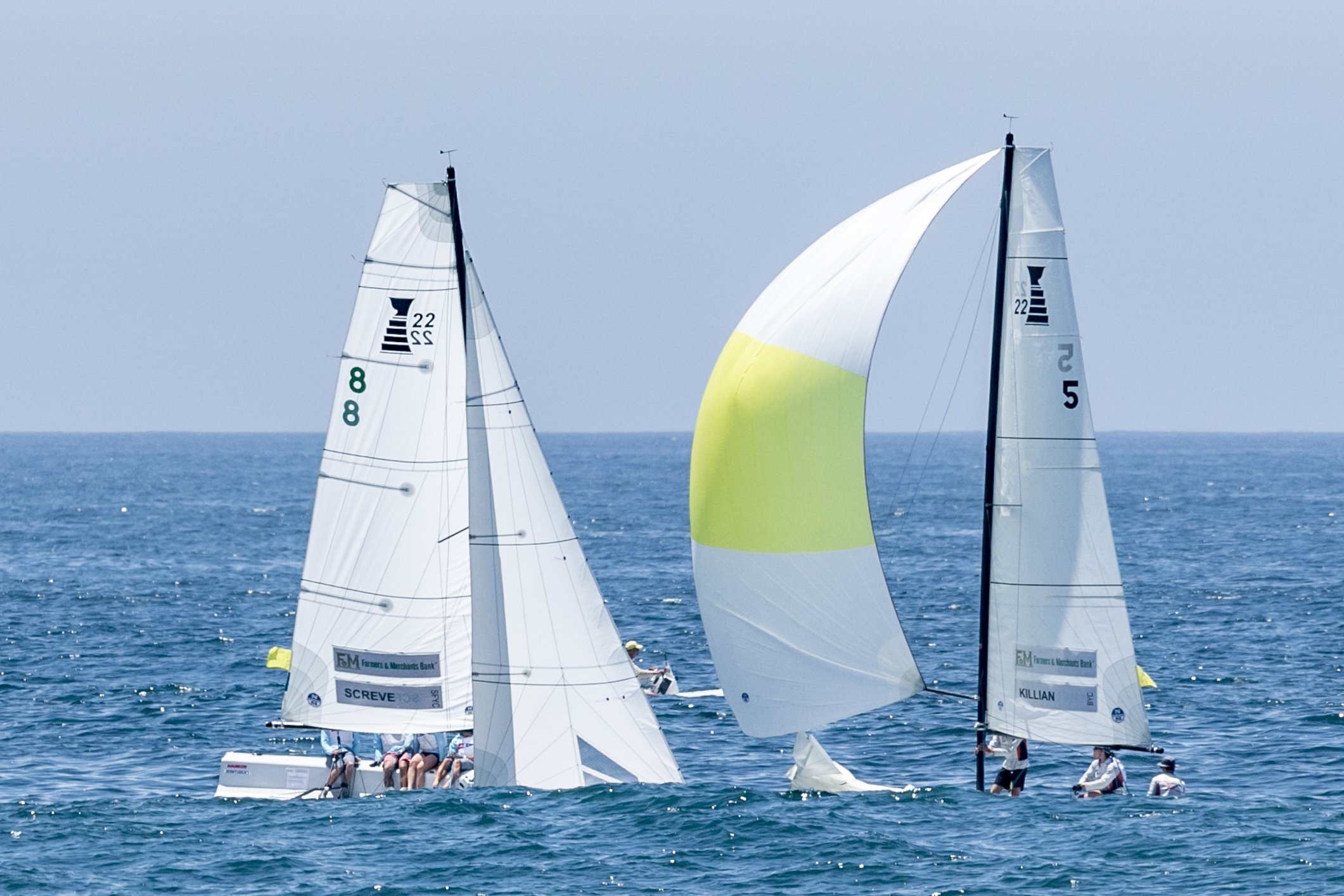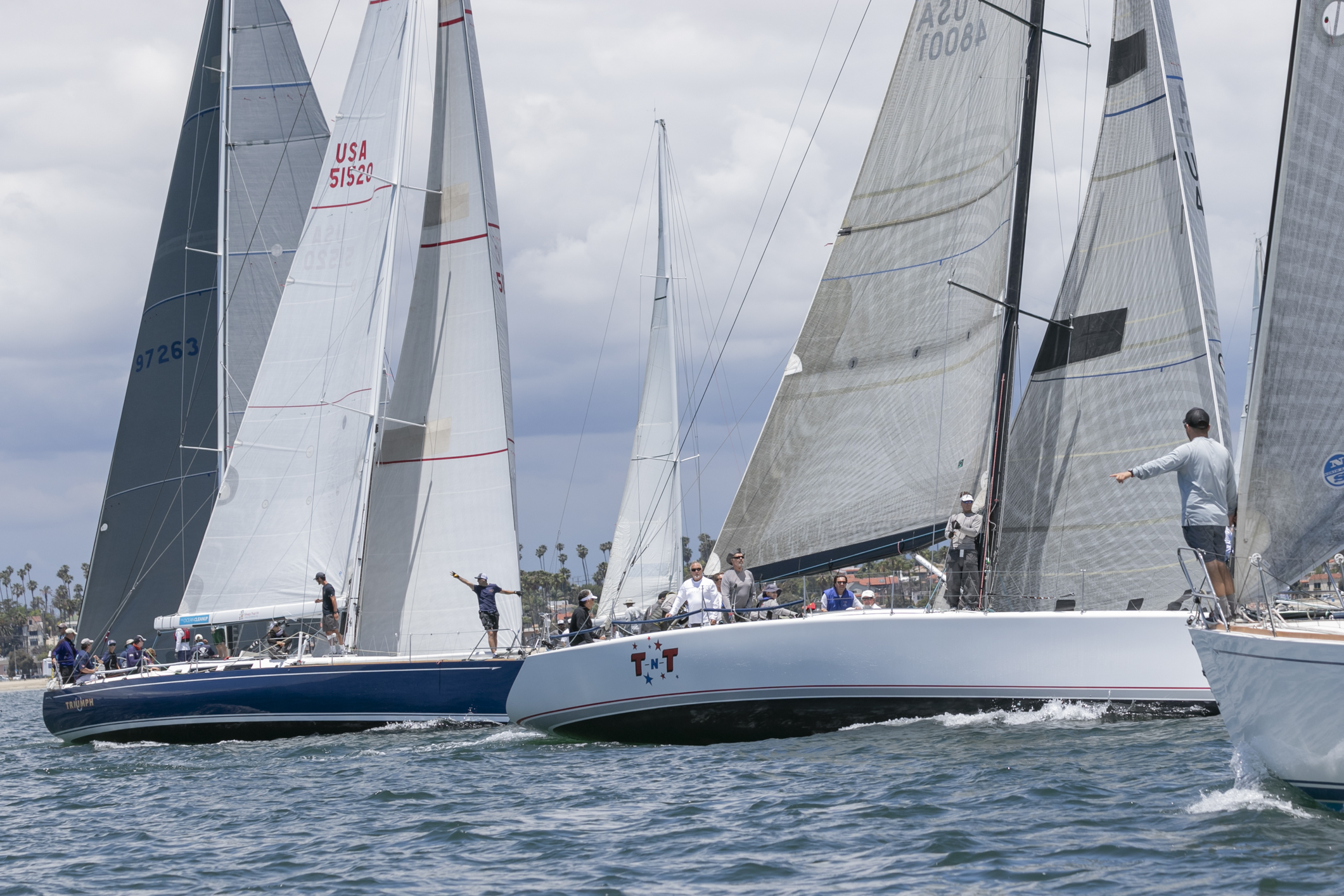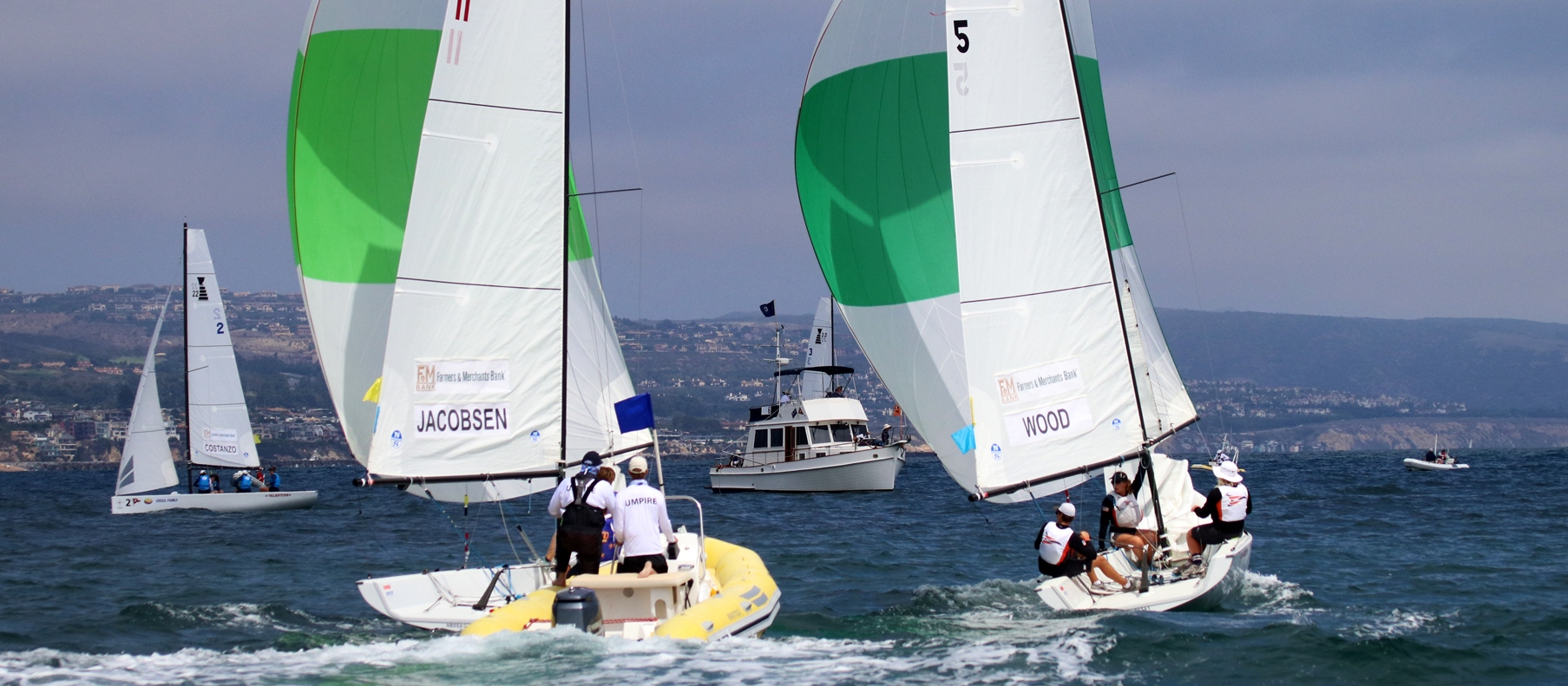Ahoy!
Ok, everyone can stop emailing me that “underway” was incorrectly separated into two words in my column last week. Just for the record, I wrote my column with “underway” as one word, but that was not how it appeared in print, as it was edited to “under way.” You have to keep in mind that nautical words are sometimes changed in the editing process, and this is understandable due to the peculiar nautical nomenclature. However, through the years that I have been a columnist, I have found that my editors have saved me more then when an editor would tweak a word to the way a landlubber would spell it.
[Editors Note: Very sorry, Capt. Mike and everybody!]
As you have probably heard by now, a local kayaker and not a landlubber is missing after planning to go kayaking in Newport Harbor. Marc Cross was reported missing on Aug. 4, and his car was located on the Balboa Peninsula. His plans were to paddle his kayak on a beautiful weather-perfect day, launching in Newport Harbor. Sadly, he has not been seen again.
Marc is a former Newport Beach lifeguard, and he is an experienced swimmer who knows the harbor and the ocean. In the late ’70s, Marc and I were on the swim team together at Orange Coast College, where he swam and I was a springboard diver.
A green kayak had been found floating in the ocean about a mile off Laguna Beach, reportedly on Aug. 4, and this week authorities finally confirmed that the watercraft belonged to Marc. The details of who found the kayak and why it took Newport Beach police so long to identify the boat are sketchy to me in time for this week’s column.
Any time an abandoned boat is found floating in the ocean, then an experienced boater will immediately think that someone might have fallen overboard. Most boaters will alert the Coast Guard, who will make a radio broadcast to boaters to be alert that someone maybe in need of help. The direction of our coastal winds will typically blow a lightweight kayak down the coast and onto shore. Therefore, either someone had to paddle the craft out to sea, or it fell off a larger boat.
I do not have substantiated information yet as to why the public was not notified sooner that a kayak was found, and the details of who found the kayak. It appears that the photo of the kayak does not show any signs of damage, perhaps ruling out a collision with another boat.
Marc’s family has created a “Please help find Marc Cross Facebook” at http://www.facebook.com/#!/groups/177960695605982 and anyone with information should call Det. Ryan Peters with the Newport Beach Police Department at 949-644-3779. There is always hope, and maybe I will be reporting a happy ending to this saga in my next column.
Tip for the week is while on the topic of boating safety, I disagree with a recent statement from the US Coast Guard that the number of boating deaths remains unacceptably high as reported in the Small Craft Advisory magazine published by the National Association of State Boating Law Administrators.
The 2010 recreational boating statistics show that total boating fatalities were at an all-time low of only 672 while boating participation was at a record high of 32.4% of the population or 75 million people. If my math is correct, then 672 annual deaths divided by the 75 million people who participated in boating for the year equals 0.00000896 or 0.000896%. Meanwhile, Discovery News reports that nearly 200,000 people were hurt in accidents involving ladders, toilets and chainsaws. Toilets?
Give me a break as I think the US Coast Guard should be thanking the boaters and releasing positive statements instead of “the sky is falling.” Boating is safe compared to other outdoor activities, and I think that a few organizations might be emphasizing the negative aspects for them to maintain their funding . As Rags Laragione, president of the Maritime Institute, says, education is the key – so let’s get educated. This is where the funding dollars should be directed for the recreational boater.
Many boating accidents are caused by operator inattention and lack of knowledge of the right-of-way rules. Boater education about right-of-way rules and operator responsibility should be in the forefront, followed by the proper use of lifejackets, proper clothing on a boat, and footwear – do not overlook footwear on a boat. As a professional Captain, my crew is not allowed to step on the dock without footwear, and at times for safety purposes, I have overridden the owner’s desire that no one wear shoes while inside the yacht.
And don’t forget: Tune in to the No. 1 boating radio talk show in the nation, Capt. Mike Whitehead’s Boathouse Radio Show, broadcasting coast-to-coast on the CRN Digital Talk Radio syndicated network every Saturday at noon, Pacific Time and replayed on Sunday at 10 am Pacific. Join Chandler Bell and me as we talk about “all things boating.” You can find the station listings, cable TV channels, live streaming on the Internet, and now available are apps to listen to the show for your iPhone, Blackberry, Itouch, Android, Palm, and Windows Mobile at www.BoathouseTV.com or www.BoathouseRadio.com.
Until next week, Safe Voyages!





I sure appreciate your comprehensive and insightful reporting, Mike. I never knew you and my brother, Marc Cross, were on the same Edison High swim team so many decades ago (mid 70’s, whew, paleolithic history!). Marc retained his love of the ocean, continuing to surf, swim, joined outrigger teams, and recently bought a solo kayak in July.
It does bother me that supposedly an off-duty policeman found the kayak the day after my brother was reported missing, kept the kayak, didn’t immediately report the craft. How many kayaks just float out to sea? Also, that day, the Coast Guard, boaters, many search and rescue teams zigzagged across 2,400 square miles of coastline. You’d think the officer would’ve noticed such activity. In any case, I can see why his name isn’t reported, but he remains incognito. He’d surely be interviewed right and left. I am grateful, however, that he didn’t just keep the kayak, but turned it in after hearing the news.
I’m glad the TV stations and newspapers continued to report stories on my brother’s disappearance, as that is maybe what attracted the boater to hear this info and turn in the kayak to proper authorities.
I’ve read about what happens to a body if submerged in water, how long it takes to surface. It is morbid to consider, but I am disgusted that the kayak wasn’t verified as Marc’s until Aug 16, almost 2 weeks after he turned-up missing. Perhaps if it were verified earlier, Marc’s body could have been recovered.
Our father died of a heart attack at age 49. Two of my 5 children mysteriously needed heart transplants at age 6. I don’t think my brother changed his identity and is off somewhere in Mexico sipping margaritas (nice if it were true anbd he was still here amongst us, though). I think he probably had a heart attack or some other medical emergency, or something else happening in that briny blue to separate him from his Malibu Kayak.
Ah, I see I made a glitch– you and Marc were swimmers at Orange Coast College. Were you on the swim team at Newport High? That’s great you were able to stay in your hometown and become journalist. I appreciate your research into my brother’s disappearance. The photo of the kayak– is that from Craig’s List, or one after his kayak was found? I understand no damage was reported. No one knows (except police) the identity of the off-duty officer who found the kayak, how long he stored it. I agree with you that if anyone finds a kayak in open ocean to at least report it missing to the Coast Guard, as in this case it belonged to a missing kayaker, my brother. Ethically, it isn’t just “finders keepers.” If it had been reported right away, it would’ve helped investigators know, perhaps, more a trajectory or path where the kayak drifted from and divers would know where to look for my brother if he drowned. It is all so perplexing and sad this entire scenario.